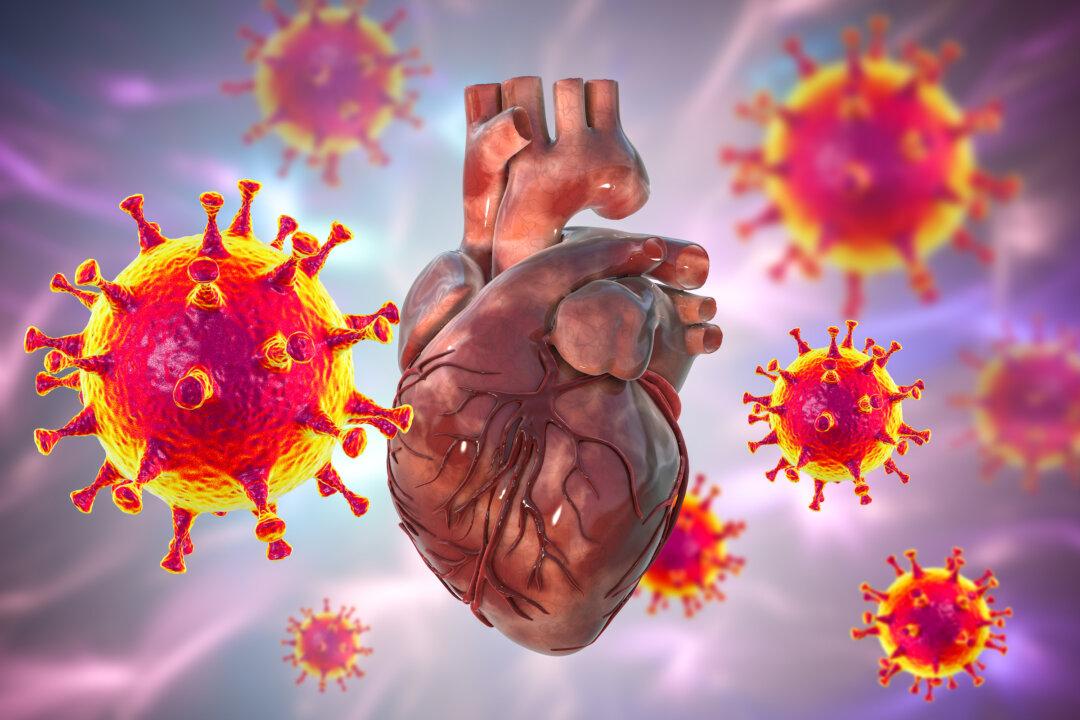It is possible. We can make simple changes in our habits that will have huge consequences on our health and quality of life. These changes are often best brought about by first determining what needs changing and then developing new habits.
Robert W Malone MD, MS. Inventor of mRNA & DNA vaccines, RNA as a drug. Scientist, physician, writer, podcaster, commentator and advocate. Believer in our fundamental freedom of free speech.
Entire biography can be found at https://rwmalonemd.substack.com/about
Related Topics






